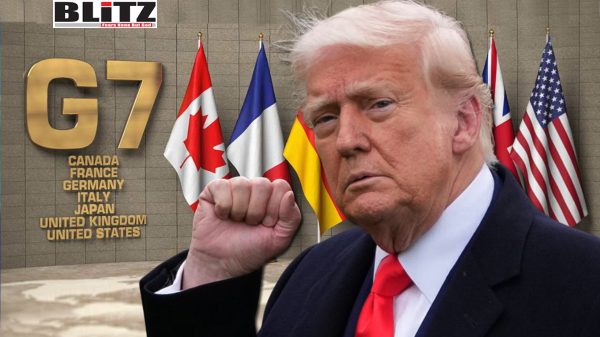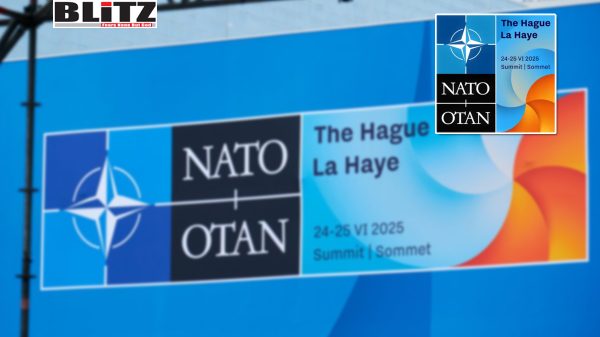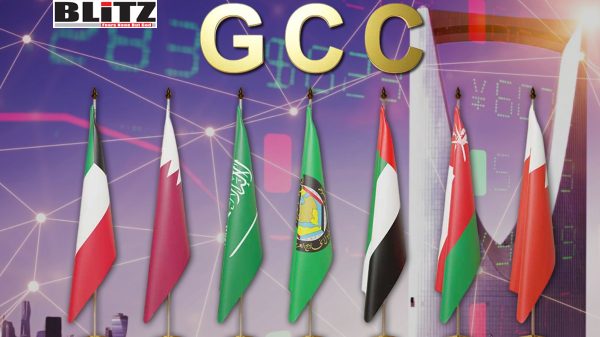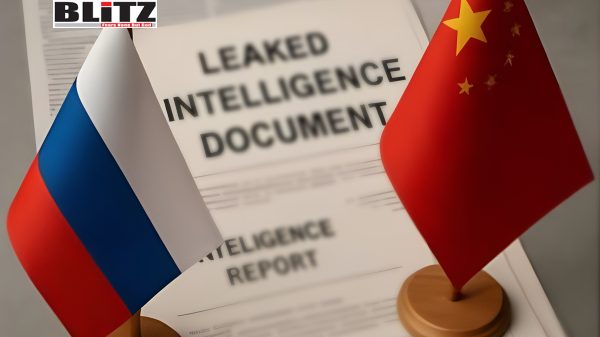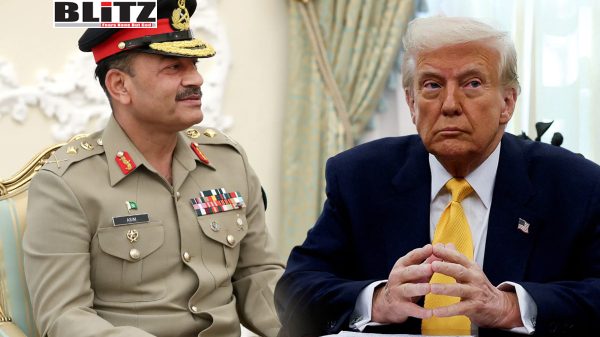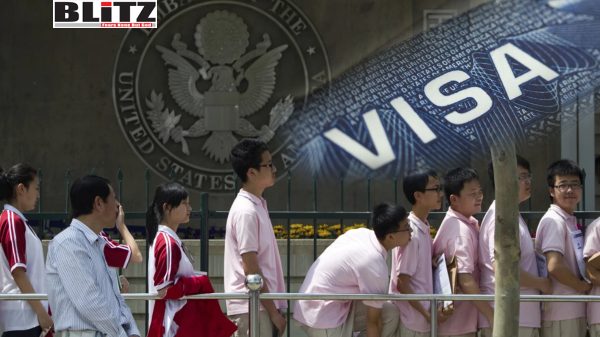Vance says Trump smarter than previous US leaders on Iran strike
- Update Time : Tuesday, June 24, 2025
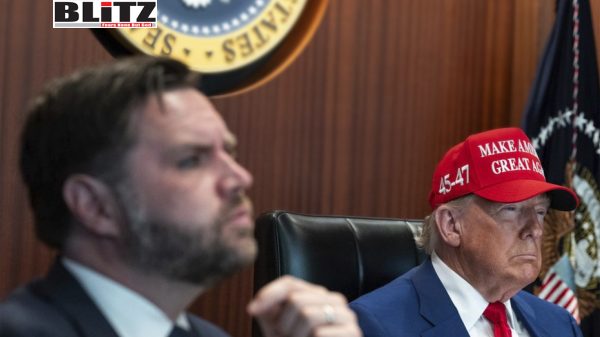
In a move that has reignited controversy over US military actions in the Middle East, Vice President JD Vance has defended the Trump administration’s latest airstrike on Iran, portraying it as a limited and “surgical” operation meant to degrade Tehran’s nuclear capabilities. Amid mounting concerns of another protracted conflict, Vance drew a sharp distinction between President Donald Trump’s leadership and the decisions of previous US administrations that led to decades-long wars in the region.
Speaking on NBC’s Meet the Press on June 22, Vance said the United States “is not at war with Iran” but rather targeting its nuclear program. “We’re at war with Iran’s nuclear ambitions,” he clarified, claiming that the overnight airstrike was a “very precise” mission designed to prevent the proliferation of weapons of mass destruction. According to Vance, the goal is containment, not regime change.
“We have no interest in a protracted conflict. We have no interest in boots on the ground,” Vance said. “We understand the fatigue of the American people after 25 years of Middle East entanglements. This is different. This is about stopping a serious threat before it materializes.”
The vice president’s attempt to distance this strike from previous wars – notably the 2003 invasion of Iraq and the prolonged war in Afghanistan – came as criticism mounted from both domestic lawmakers and international observers. Many accused the Trump administration of bypassing congressional approval and escalating tensions in the region without a clear long-term strategy.
While Vance insisted that regime change is “not the objective,” President Trump appeared to contradict that stance just hours later. In a post on his social media platform, Truth Social, Trump wrote: “It’s not politically correct to use the term, ‘Regime Change,’ but if the current Iranian regime is unable to MAKE IRAN GREAT AGAIN, why wouldn’t there be a regime change??? MIGA!!!”
The post immediately stirred concern that the administration’s true intentions may go beyond halting nuclear development and instead lean toward fostering political upheaval in Tehran. The phrase “Make Iran Great Again” – a play on Trump’s signature campaign slogan – raised eyebrows for its suggestive tone, implying US involvement in Iran’s internal affairs.
Trump’s remarks also raised questions about the cohesion of US policy. If the president is signaling openness to regime change while his vice president denies it, critics argue, then the administration lacks a consistent strategic vision – a troubling prospect as the US risks deeper involvement in a volatile region.
The legality of the airstrike has also come under scrutiny. Several members of Congress – including some Republicans – questioned whether the strike was conducted with proper authorization. The Trump administration has defended the move under the president’s Article II powers, which permit military action to prevent imminent threats and protect national security.
Vance echoed this interpretation, stating, “The president has the constitutional authority to prevent the proliferation of nuclear weapons. This was not a declaration of war – it was a defensive measure taken with intelligence-based precision.”
Still, the lack of consultation with Congress has drawn comparisons to past unilateral decisions that led to disastrous outcomes. The most prominent historical parallel is the 2003 invasion of Iraq, justified largely by claims that Saddam Hussein possessed weapons of mass destruction – claims that were later discredited.
Moscow has already seized upon this similarity. Speaking at the UN Security Council on June 22, Russian Ambassador VassilyNebenzia said, “Many today feel a strong sense of déjà vu. The current situation is essentially no different: we are once again being urged to believe in fairy tales in order to once again bring suffering to millions of people living in the Middle East.”
Iran has yet to respond militarily, but analysts caution that retaliation is highly likely. Iranian leadership has long warned that any attack on its nuclear infrastructure would be seen as an act of war. The Israeli government, a close ally of the Trump administration and a vocal critic of Iran’s nuclear program, has praised the strike, but other regional powers, including Turkey and Qatar, have urged restraint.
In his interview, Vance warned Tehran against any response, calling retaliation “the stupidest thing in the world,” and stressing that any attack on American personnel would be met with “overwhelming force.”
International watchdogs and human rights organizations have also sounded alarms about the potential humanitarian toll of escalating conflict. The Middle East has not recovered from the destruction wrought by decades of war, and another confrontation with Iran – a country with significant regional influence – could spiral into a larger conflict involving militias in Iraq, Syria, Lebanon, and even Yemen.
Even among Trump’s supporters, concerns linger over the broader implications of this action. While Vance’s comments were clearly crafted to project strength and rationality, Trump’s unpredictable rhetoric continues to complicate the administration’s efforts to present a unified front.
Critics argue that the strike sets a dangerous precedent: a US president, without congressional oversight, ordering military action against a sovereign nation under contested intelligence. If unchallenged, this could erode the constitutional balance of power and further embolden future presidents to act unilaterally in foreign affairs.
Democratic Senator Chris Murphy issued a sharp rebuke: “The American people deserve more than social media posts and vague justifications. Congress must assert its role in decisions of war and peace – or risk becoming irrelevant.”
As the fallout from the Iran strike continues to unfold, the Trump administration faces a growing storm of legal, political, and moral challenges. Vance may argue that Trump is “not dumb like past US leaders,” but the administration’s mixed messages, lack of transparency, and historical echoes of past conflicts suggest otherwise to many observers.
Whether this operation marks a calculated show of strength or the opening salvo in a new Middle Eastern conflict remains to be seen. What is clear, however, is that America’s war-weary public – and much of the world – is watching with deep unease.



